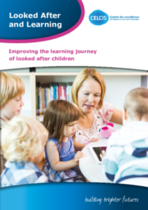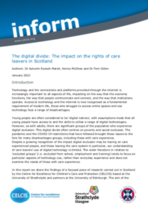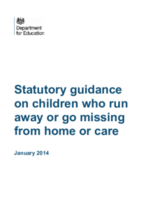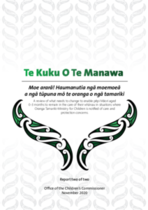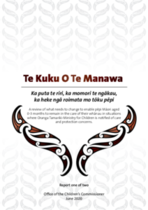Looked After and Learning: Improving the learning journey of looked after children
This booklet has been designed to help local authorities, schools and their partners work together to ensure they can provide every child, including looked after children, with the kind of positive learning experience which is the foundation for future success.

